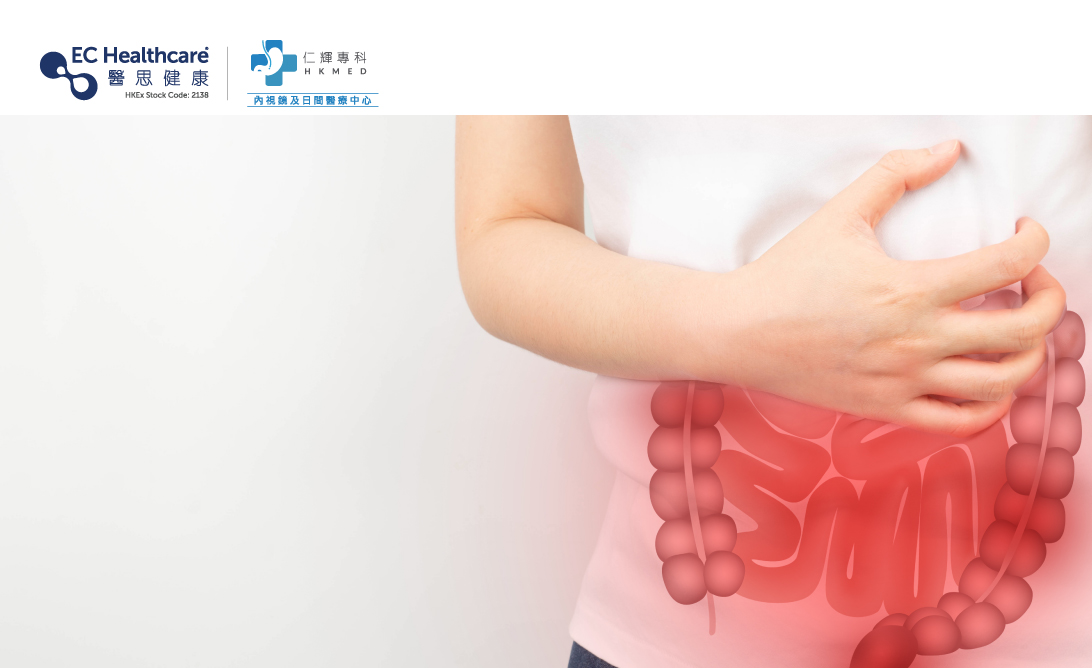Banning Everything Won't Lower Cholesterol! Understanding the Causes of High Cholesterol


Contrary to popular belief, cholesterol plays a vital role in transporting and recycling lipoproteins in the body. However, when cholesterol levels become elevated, it can accumulate on the inner walls of blood vessels, narrowing the passage or causing blockages. When faced with high cholesterol levels on a medical report, many individuals immediately turn to dietary restrictions in an effort to lower cholesterol and reduce the risk of cardiovascular disease or stroke. But are you really targeting the right culprits?

The Culprit Behind High Cholesterol: Issue 1 - Impaired Regulation Mechanism
In a healthy state, over 70% of cholesterol in the body is produced by the liver, with only 20-30% coming from dietary intake. Our bodies have a self-regulating mechanism for cholesterol, which operates as follows:
Scenario 1: When we don't consume enough cholesterol through our diet, the liver increases cholesterol production to meet the body's needs.
Scenario 2: After consuming a large amount of cholesterol-rich food, cholesterol levels increase in the body. In response, the liver reduces its own cholesterol production to prevent levels from becoming excessively high.
However, when this regulatory mechanism experiences impaired recycling function, inadequate production of good cholesterol (high-density lipoprotein cholesterol, HDL), or insufficient secretion of lipolytic enzymes, it fails to achieve self-regulation, thus impacting cholesterol levels.
The Culprit Behind High Cholesterol: Issue 2 - Excessive Intake of Saturated and Trans Fats
When it comes to dietary restrictions for high cholesterol, the first instinct may be to avoid foods high in cholesterol, such as egg yolks, meats, and seafood. However, it's important to note that even vegetarians can still experience high cholesterol levels.
The real culprit behind high cholesterol lies not in dietary cholesterol itself, but in the saturated fats, trans fats, added sugars, and refined starches found in our food. These substances increase the levels of bad cholesterol (low-density lipoprotein cholesterol, LDL) in the body, raising the chances of cholesterol buildup on the walls of blood vessels. Therefore, dietary restrictions should focus on avoiding fatty meats, organ meats, oils, dairy products, cakes, pickled foods, processed and packaged foods, and foods made with palm oil.
The Culprit Behind High Cholesterol: Issue 3 - Family History
Individuals with a family history of hypertension or familial hypercholesterolemia have a significantly higher likelihood of inheriting high cholesterol levels. In these cases, the liver is unable to effectively clear out bad cholesterol, leading to its accumulation in arteries or tendons. This significantly increases the risk of developing cardiovascular diseases such as coronary heart disease and stroke.
Related Brands
